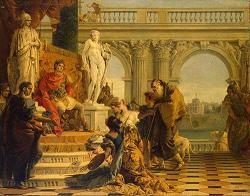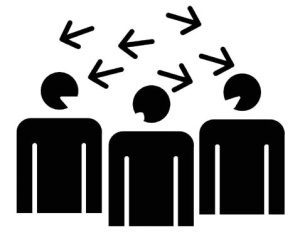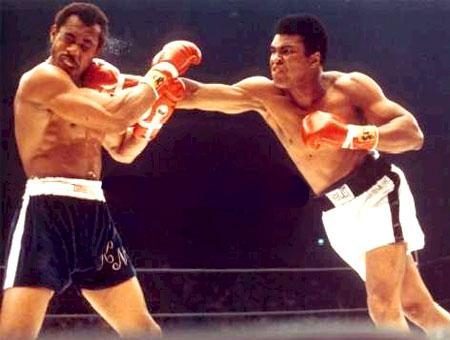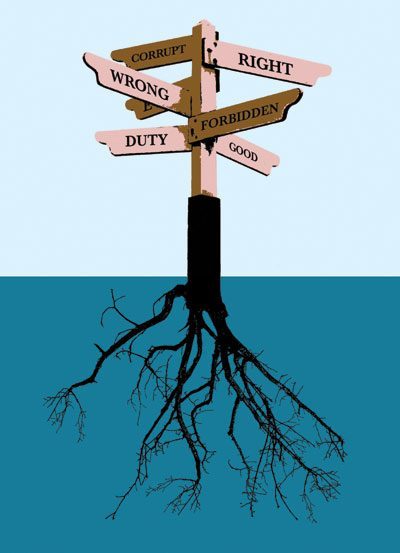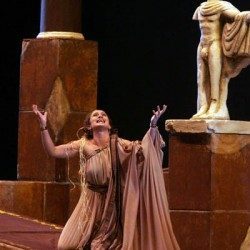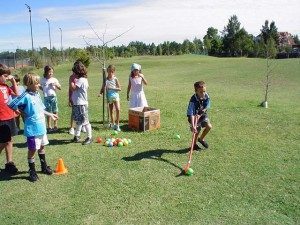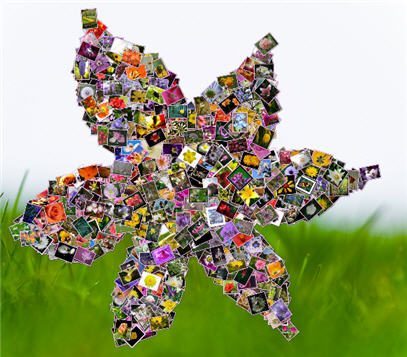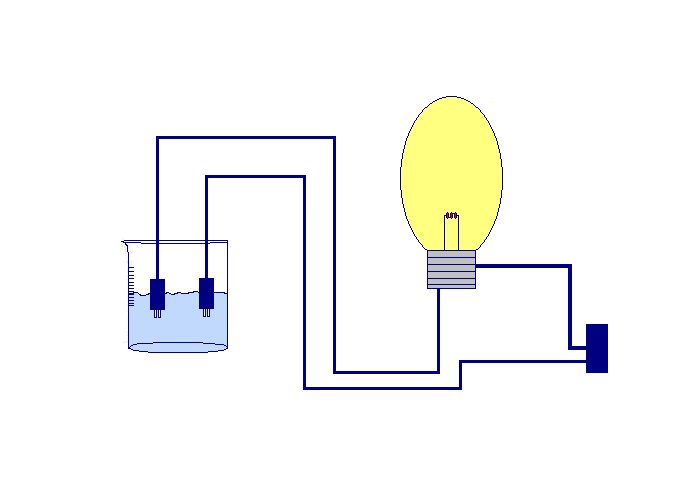 Our mind uses abstract thinking to come up with ideas. Thus, through abstraction we manufacture concepts that do not correspond directly to the reality that we observe. In this way, we devise geometric principles, language codes or scientific theories that explain some aspect of what surrounds us. All these elements are constructs, since they have been built by our mind from brain activity.
Our mind uses abstract thinking to come up with ideas. Thus, through abstraction we manufacture concepts that do not correspond directly to the reality that we observe. In this way, we devise geometric principles, language codes or scientific theories that explain some aspect of what surrounds us. All these elements are constructs, since they have been built by our mind from brain activity.
Philosophy is based on the use of reason and for this it is essential to resort to concepts that refer to a reality
Let's think about the moral concept of justice. It is something that does not exist anywhere, but we have created it from rational analysis. In this way, the concept of justice would be a global construct, with which it is possible to think of all kinds of situations in which it makes sense to speak of justice or injustice.
Therefore, the construct is what allows relating concepts to realities. Thus, hypotheses, laws, theories, or explanatory models are all mental constructs.
Kelly's personal constructs illustrated with a simple example
In psychology, personal constructs are studied, a theoretical vision elaborated by the American George Kelly in the 1950s. According to this conception, our mind anticipates what is going to happen. In other words, we have a prior idea of what can happen and with that idea we develop a specific strategy.
Each individual has their own way of constructing reality. On the other hand, the constructs you create are interconnected with each other. According to Kelly's approach, our constructs allow us to anticipate events, create a distinction between the positive and the negative, and condition our personal choices.
Personal constructs are not something observable at first glance, but rather a general vital approach that allows us to face the different aspects of life. In other words, our personal constructs refer to the type of predisposition we have.
Let's think about an activity like hiking
 According to Kelly's theory of personal constructs, to carry out this activity an individual needs a series of tools (for example, a map and a GPS). On the other hand, the route to be taken must be planned in advance. In this sense, the person who practices trekking gives a meaning to what he finds on the way from the mental construct that he has previously elaborated.
According to Kelly's theory of personal constructs, to carry out this activity an individual needs a series of tools (for example, a map and a GPS). On the other hand, the route to be taken must be planned in advance. In this sense, the person who practices trekking gives a meaning to what he finds on the way from the mental construct that he has previously elaborated.
This example is applicable to life itself, since we act in one way or another based on a set of mental constructs that adapt better or worse to real circumstances.
Photos: Fotolia - Lucky / Viacheslav Iakobchuk
